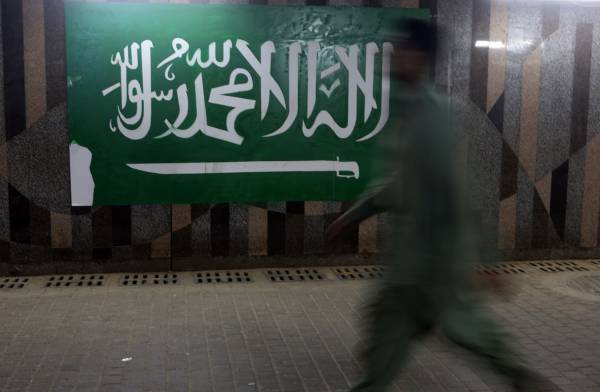Saudi Arabia has some of the harshest penalties for drug use in the world, and drug trafficking is punishable by death. Last week, the authorities beheaded one Saudi and two Yemenis for allegedly smuggling hashish and amphetamines into the country. In addition to drug crime, the kingdom’s legal code warrants death sentences for murder, apostasy, rape, and armed robbery. The government has executed 63 people this year alone, 47 of which were part of the mass execution on 2 January. Last year, Saudi Arabia registered one of the highest execution rates in the world with a total of 153 executions, many of them for drug trafficking.
Despite these harsh penalties, Saudi Arabia has a serious drug problem. Authorities reportedly seized over 41 million amphetamine tablets in the Islamic year that ended in October 2014; at the time, they estimated that this seizure made up only about 10% of the total number of tablets in circulation. Moreover, Saudi Arabia accounted for a third of all global amphetamine seizures that year, and was the single biggest user of stimulants in the Gulf region according to the UN. Still, Dr. Eyad Khattab, a Saudi physician, notes while “government officials have long been in denial about the growing problem … [it] is slowly changing, in no small part thanks to the medical establishment. At medical conferences, suddenly the usage of stimulant drugs is becoming a big topic.”
Margaret Bailey is an Advocacy Intern at ADHRB.





